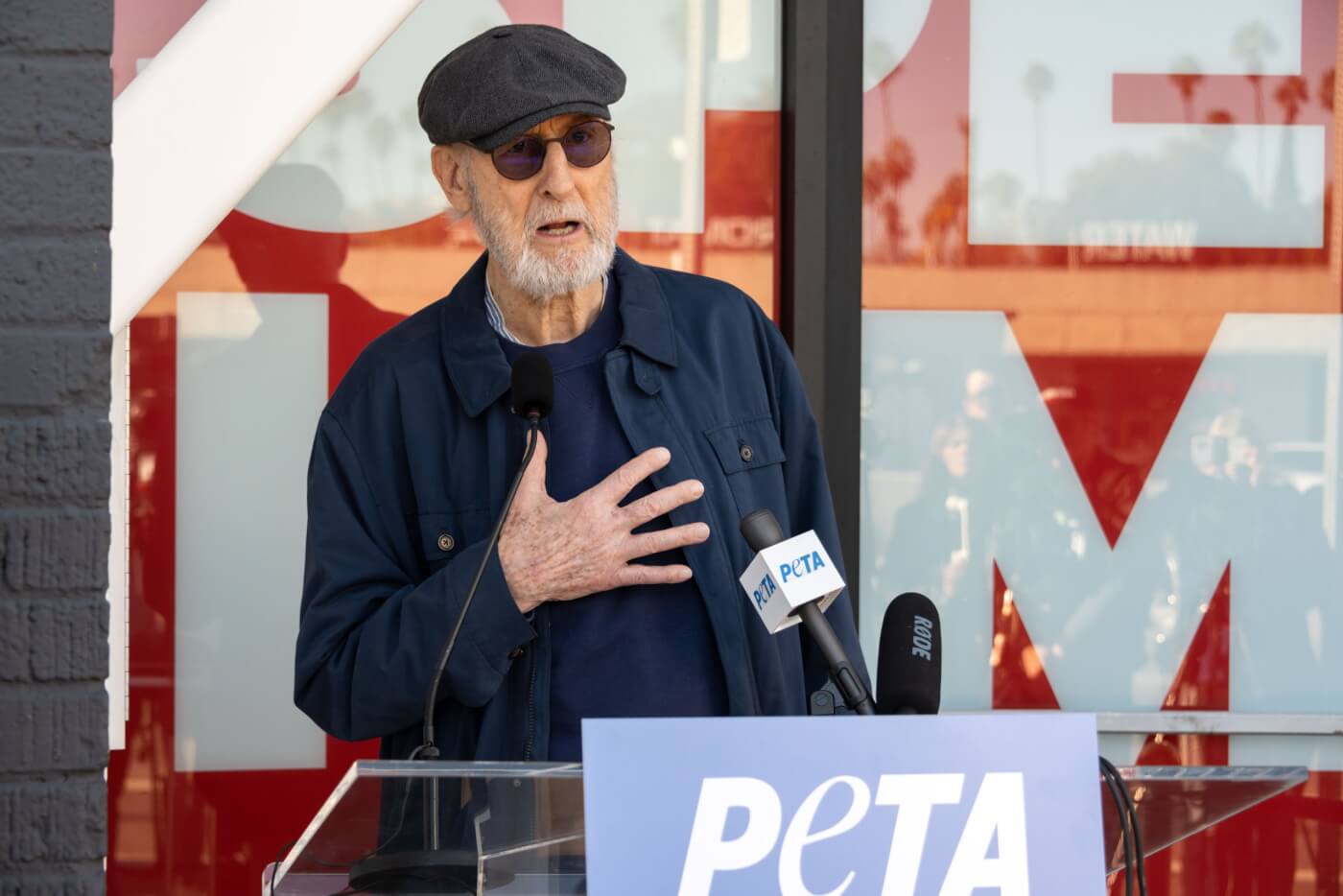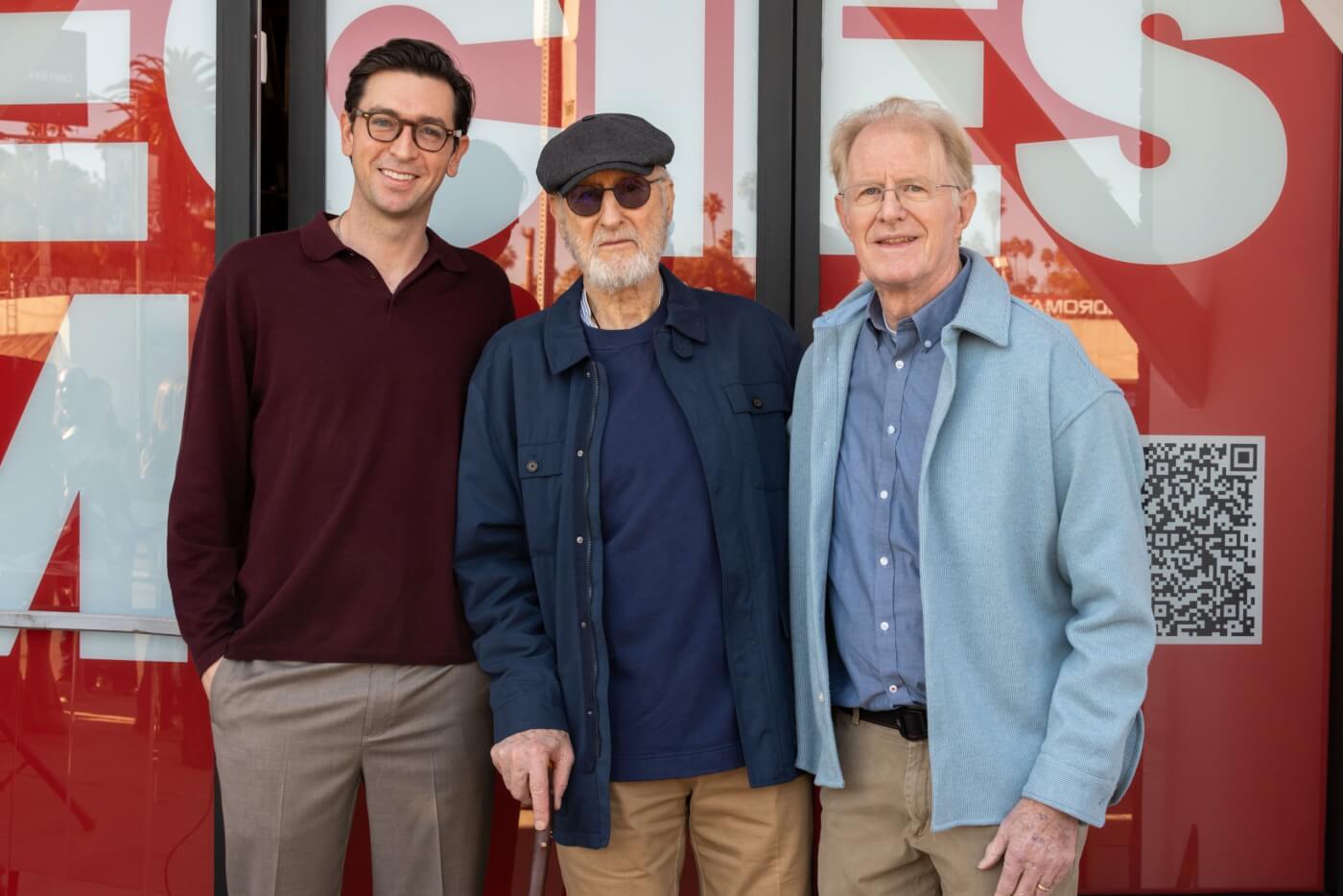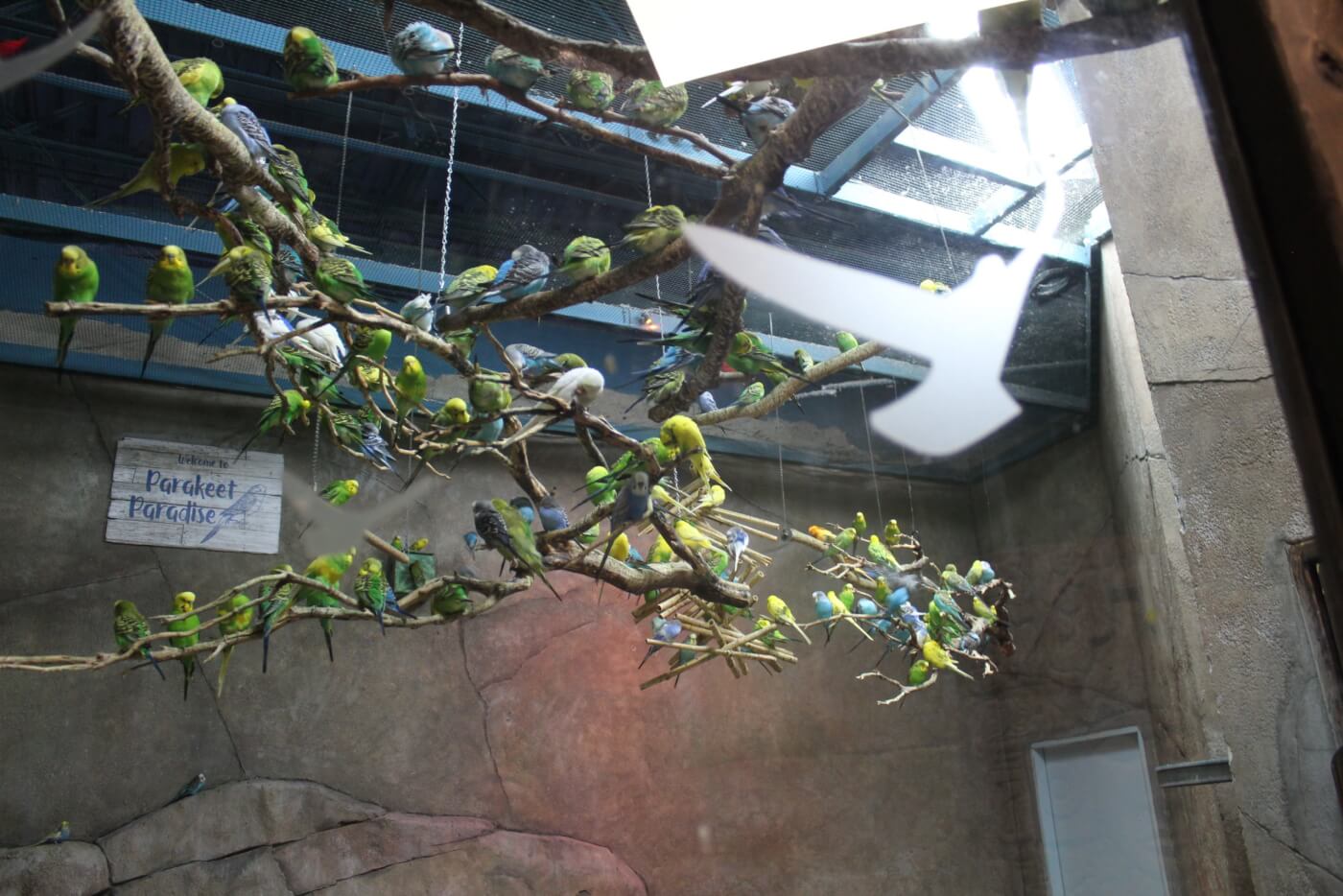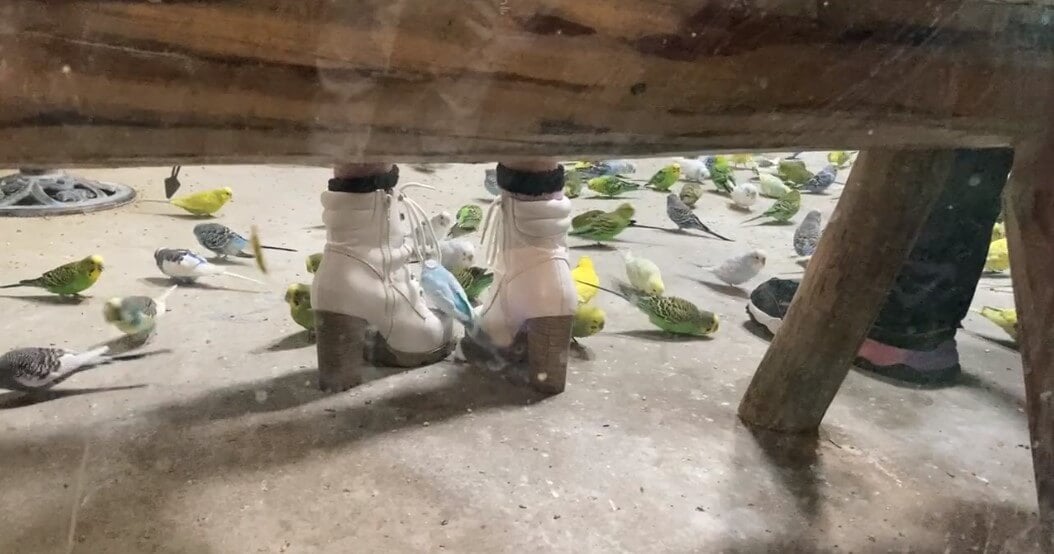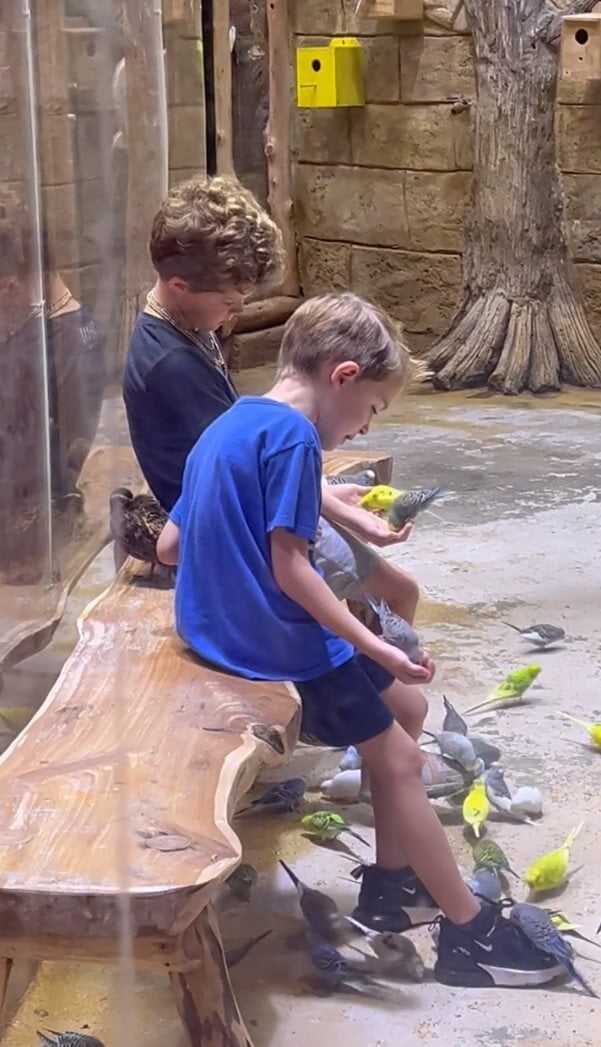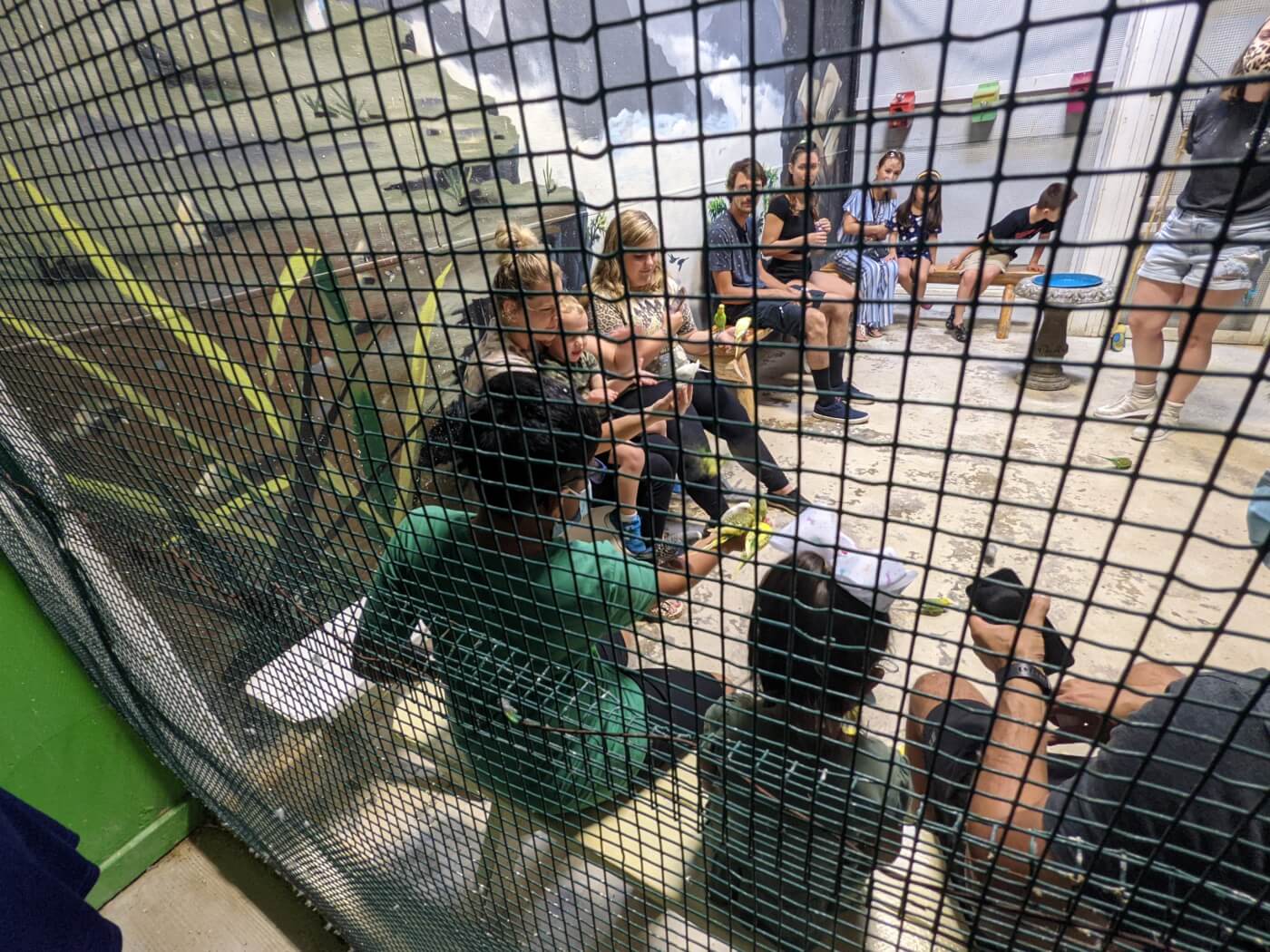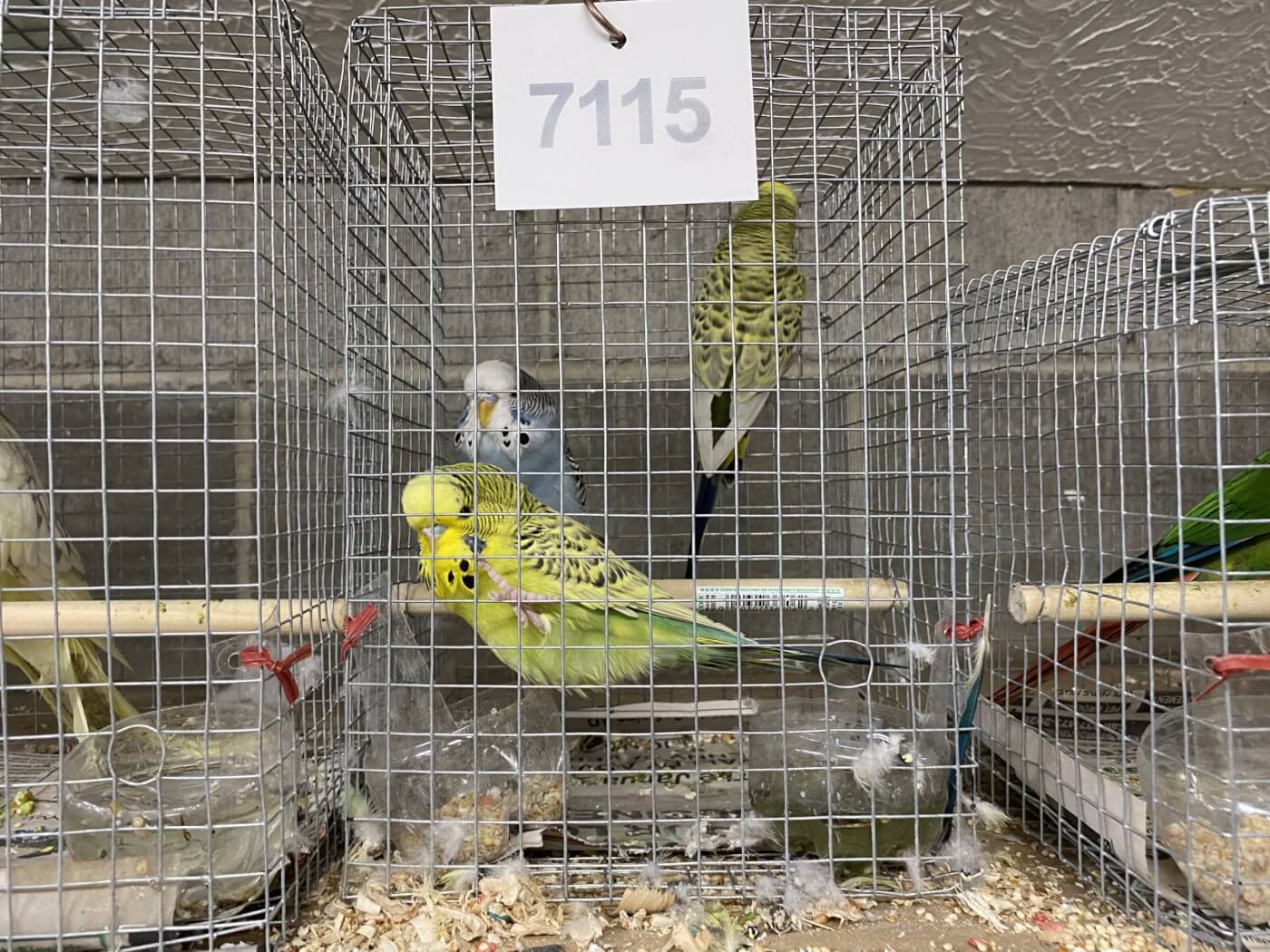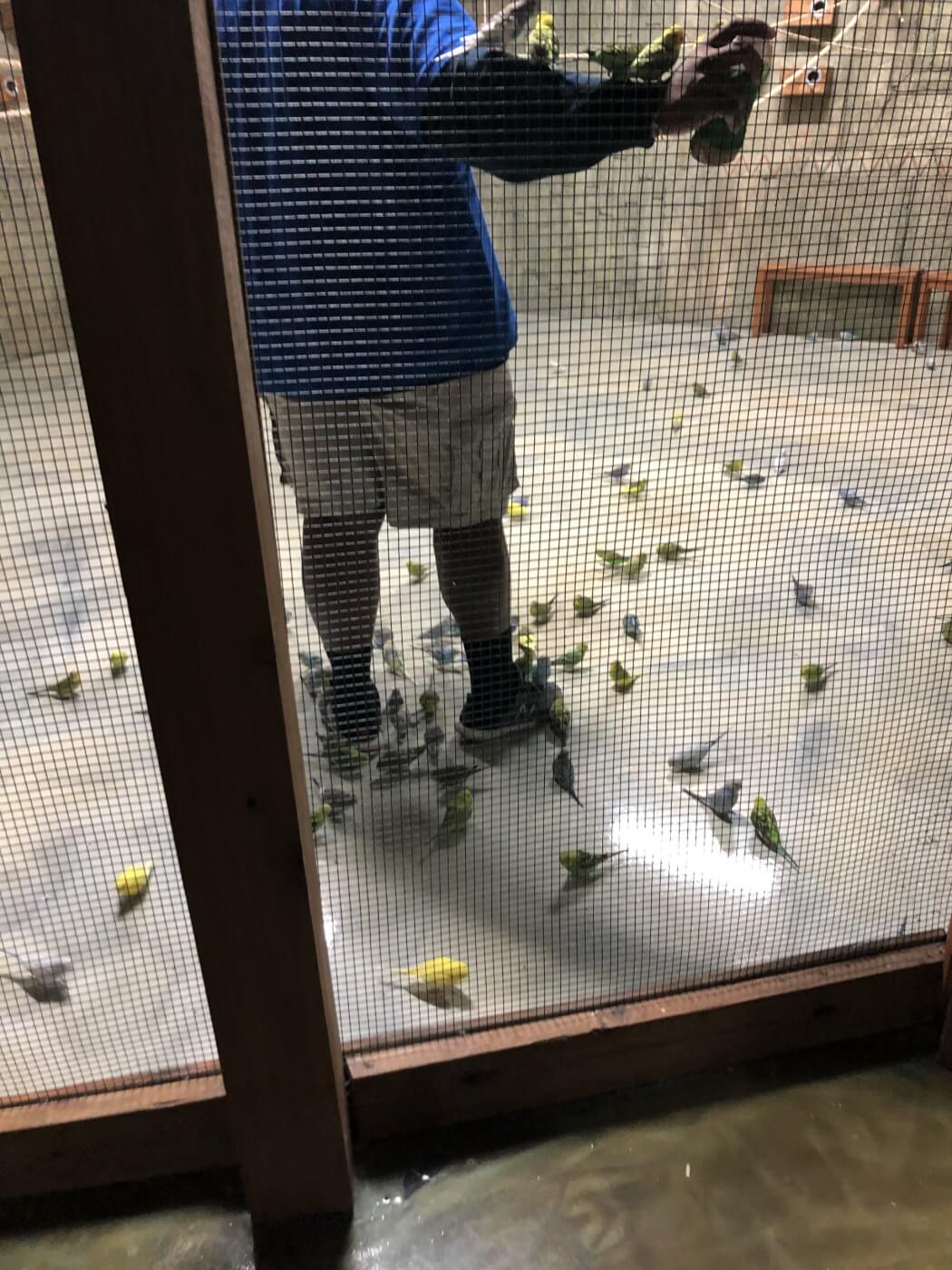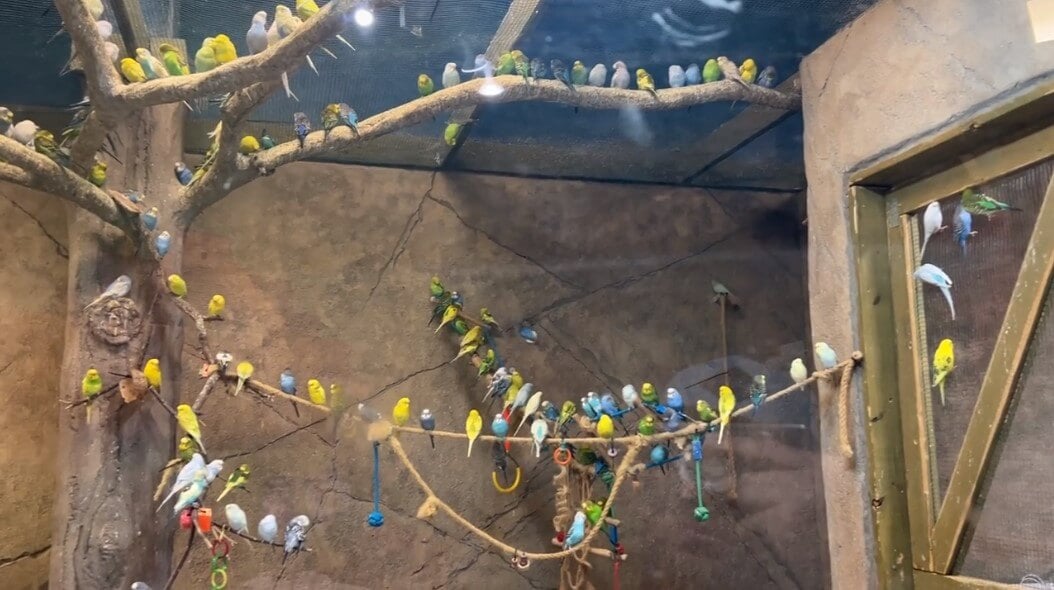Despite disinheritance and threats of legal action, Cousin Greg showed up to support Uncle Ewan on Saturday as James Cromwell cut the ribbon for the grand opening of PETA’s Los Angeles event space, The James Cromwell Empathy Center, named in honor of the actor, who has spoken up for animal rights at every turn. His Succession costar Nicholas Braun and good friend Ed Begley Jr. were both in attendance. This space will host a variety of PETA events geared toward furthering respect, justice, and compassion for all living, feeling beings, regardless of species, race, religion, ability, or gender.
The event included vegan lattes from Cafablanca and vegan treats from Just What I Kneaded bakery.
Animals have a fierce and lifelong ally in James, and PETA is happy to honor him by naming a building after him for his tireless advocacy for all animals threatened with exploitation, torment, and slaughter.
Among other actions in his decades-long activism, the honorary director of PETA’s board has locked himself in a shipping crate at Los Angeles International Airport to persuade Air France to end its shipments of monkeys to laboratories, was arrested at Texas A&M University after protesting its muscular dystrophy experiments on dogs, superglued his hand to a New York Starbucks counter to protest the company’s surcharge on vegan milk, and helped transfer a PETA-rescued piglet he named Babe to a sanctuary after he fell off a truck taking him to be fattened for slaughter.
Join James and make a difference for generations to come—go vegan today!
The post James Cromwell Was Joined by This Special Costar at PETA’s Special Event appeared first on PETA.




